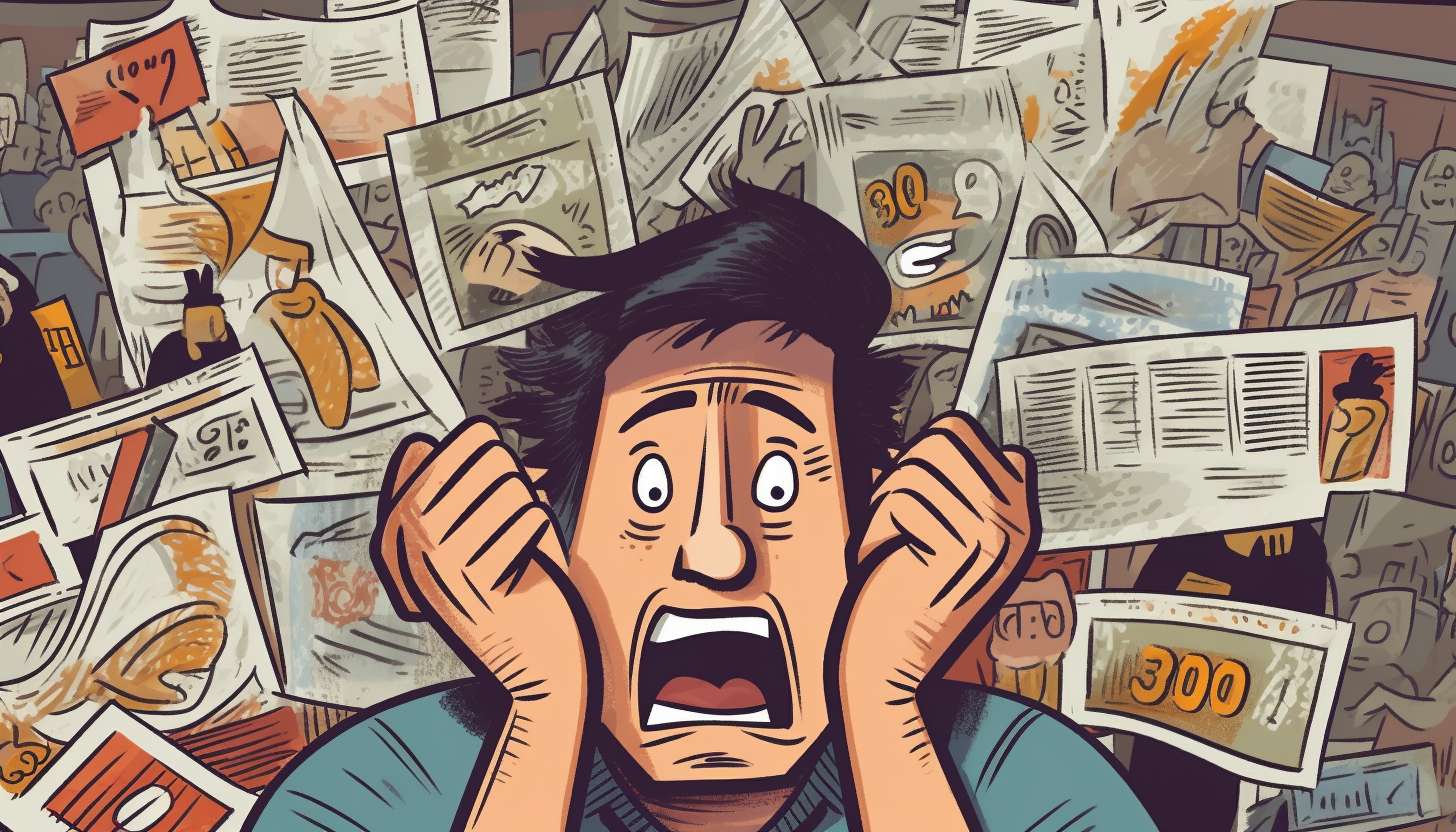Betting lines are an essential aspect of sports betting, providing a basis for determining the odds and potential payouts on various wagers. However, the psychology of sports betting can also play a significant role in your betting decisions. This article aims to help you understand and read betting lines like a pro while also providing insights into the psychological factors that can influence your decision-making process. We will cover essential terminology, different types of betting lines, expert strategies, and common psychological pitfalls to avoid.
The Impact of Bias
One of the most significant factors of the psychology of sports betting is bias. Fans often have strong attachments to their favorite teams, and these emotional connections can cloud their judgment when placing wagers. Confirmation bias, for example, occurs when bettors seek out or interpret information that supports their preexisting beliefs while ignoring contradictory evidence. To avoid falling prey to bias, it’s crucial to remain objective and consider all relevant information before placing a bet.
The Gambler’s Fallacy
The gambler’s fallacy is a cognitive distortion that occurs when bettors believe that past events will influence future outcomes. For example, if a coin toss results in five consecutive “heads,” a person may believe that the next flip is more likely to be “tails.” In sports betting, this can manifest as bettors expecting a team to win or lose based on their recent performance, even though each game is an independent event. To avoid the gambler’s fallacy, it’s important to remember that past performance does not guarantee future results.
Overconfidence
Overconfidence is another common psychological pitfall in sports betting. Bettors may feel they have a superior understanding of a sport or team and believe their predictions are more accurate than they actually are. Overconfidence can lead to larger bets and increased risk-taking, ultimately resulting in greater losses. To combat overconfidence, it’s essential to remain humble, recognize the unpredictable nature of sports, and maintain a disciplined betting strategy.
Loss Aversion
Loss aversion is the tendency to prefer avoiding losses rather than acquiring gains. In sports betting, this can result in bettors holding onto losing bets for too long or doubling down on bad decisions in an attempt to recoup losses. It’s essential to understand that losses are a natural part of sports betting, and it’s crucial to accept them and move on rather than letting them dictate your future wagers.
The Sunk Cost Fallacy
The sunk cost fallacy refers to the tendency for individuals to continue investing in a decision based on the amount of resources already invested, rather than evaluating the current and future value of the decision. In sports betting, this can lead to bettors placing additional wagers on losing bets, hoping to recover their initial investments. It is vital to recognize when a bet has become a sunk cost and cut your losses, rather than allowing previous investments to dictate your future betting decisions.
The Halo Effect
The halo effect is a cognitive bias where an individual’s overall impression of a person, team, or entity influences their feelings and thoughts about that entity’s specific traits or characteristics. In sports betting, this can result in bettors overestimating a team’s abilities based on their admiration for a particular player or coach. To avoid the halo effect, it’s important to evaluate each team and player objectively, considering their strengths and weaknesses without letting personal feelings interfere.
Groupthink
Groupthink is a psychological phenomenon that occurs when people within a group conform to a consensus opinion, often at the expense of critical thinking and independent decision-making. In sports betting, this can lead bettors to make wagers based on popular opinions or trends rather than their own analysis. To combat groupthink, it’s crucial to conduct your own research, develop your own opinions, and maintain a sense of skepticism when confronted with the consensus view.
Anchoring Bias
Anchoring bias is a cognitive bias where an individual relies too heavily on an initial piece of information (the “anchor”) when making decisions. In sports betting, this can manifest as bettors placing too much weight on early odds or lines, potentially overlooking important information that emerges later. To avoid anchoring bias, it’s essential to remain flexible in your analysis and continuously update your opinions as new information becomes available.
Tips for Managing Emotions in Sports Betting
In conclusion, the world of sports betting is filled with numerous psychological pitfalls that can negatively impact a bettor’s decision-making process. By being aware of these biases and cognitive distortions, bettors can improve their chances of making informed and rational wagers. To further enhance your sports betting experience, consider the following top tips:
- Stay objective: Always assess teams and players based on their performance, strengths, and weaknesses, rather than letting personal attachments or emotions cloud your judgment.
- Embrace uncertainty: Recognize that sports outcomes are inherently unpredictable and maintain a humble attitude when making predictions.
- Conduct thorough research: Gather as much relevant information as possible before placing a bet, and be prepared to revise your opinions as new data emerges.
- Develop a disciplined strategy: Establish a well-structured betting plan that includes setting a budget, managing your bankroll, and adhering to a consistent staking approach.
- Learn from your mistakes: Analyze both your successful and unsuccessful wagers to identify areas for improvement and refine your betting skills.
- Expand your knowledge: To gain further insight into effective betting strategies, we recommend reading “Live Betting Strategies: Maximize Your In-Play Betting Success.” This resource will provide valuable information on making the most of your in-play betting experience.
By remaining vigilant about potential biases and adopting a disciplined, evidence-based approach to sports betting, you can increase your chances of making more accurate predictions and, ultimately, enjoy a more rewarding betting experience.
Further Learning of The Psychology of Sports Betting
To deepen your understanding of sports betting and betting lines, consider the following resources:
- Book: “Squares and Sharps, Suckers and Sharks: The Science, Psychology & Philosophy of Gambling” by Joseph Buchdahl
- Book: “The Logic Of Sports Betting” by Ed Miller & Matthew Davidow





4 Responses
We hope this article has provided valuable insights into the psychology behind sports betting and how emotions can impact your decision-making process. By recognizing these emotional factors and implementing the tips we’ve shared, you can increase your chances of making more informed wagers and ultimately enhance your sports betting experience. Remember, remaining disciplined and objective is key to avoiding the common pitfalls associated with emotions in sports betting. If you have any questions or would like to share your own experiences with managing emotions in sports betting, please feel free to leave a comment below. Happy betting, and always remember to gamble responsibly!